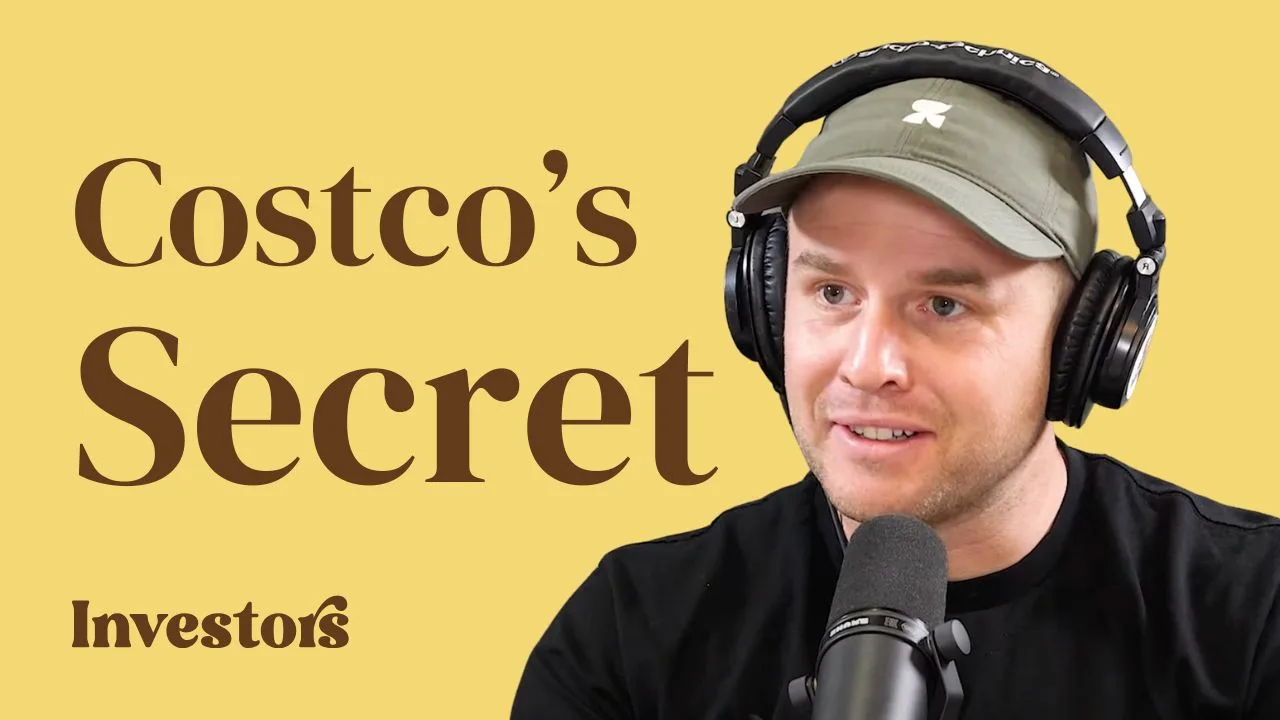Commonwealth Bank of Australia (ASX: CBA) and National Australian Bank Ltd (ASX: NAB) didn’t fully pass on the RBA’s interest rate cut, here’s why.
The Reserve Bank of Australia (RBA) is Australia’s central bank. One of its biggest roles is to decide Australia’s interest rate, taking into account economic conditions including unemployment, inflation and the housing market. The RBA interest rate has a ripple effect across the whole economy.
The Cheeky Rate Cut By CBA And NAB
Treasurer Josh Frydenberg had urged the big banks to pass on as much of the rate cut as they could. That doesn’t seem like a very strong message, so perhaps it wasn’t surprising that CBA and NAB didn’t pass on most of the cut.
Analysts and economists have been wondering how the banks will balance the borrowers, savers and shareholders in working out how much of a rate cut to pass on to borrowers.
CBA decided it would pass on 0.13% of the rate cut to occupier principal and interest loans. It said it would also pass on 0.13% to investor principal and interest loans. But interest only loans will be cut by 0.25% – lucky them.
NAB was second out of the gate with a 0.15% cut for owners with principal & interest loans, investor principal & interest and owner interest-only loans. But investor interest only loans got a 0.3% reduction,
It does seem a bit unfair then investors with interest only loans are getting the best deal out of these changes – perhaps there’s some pressure in that area, or CBA and NAB are trying to encourage investors to get back into the market.
Banks aren’t passing on the full rate cut so that their net interest margins (NIM) remain relatively stable. A key driver of bank profit is the amount of money they can make on the money they lend out to borrowers compared to the rate they pay for their own sources of funds.
What Next?
Well we’ll soon find out what Westpac Banking Corp (ASX: WBC) and Australia and New Zealand Banking Group (ASX: ANZ) are doing with their rates.
But more importantly, in the next few months we’ll see if these rate cuts have had a positive effect on the Australian economy. If it hasn’t then savers may have been screwed and a housing boom potentially restarted for no real reason.
Whatever happens, I’d want to have my portfolio full of reliable shares like the ones in the free report below.
[ls_content_block id=”14945″ para=”paragraphs”]
[ls_content_block id=”18380″ para=”paragraphs”]




